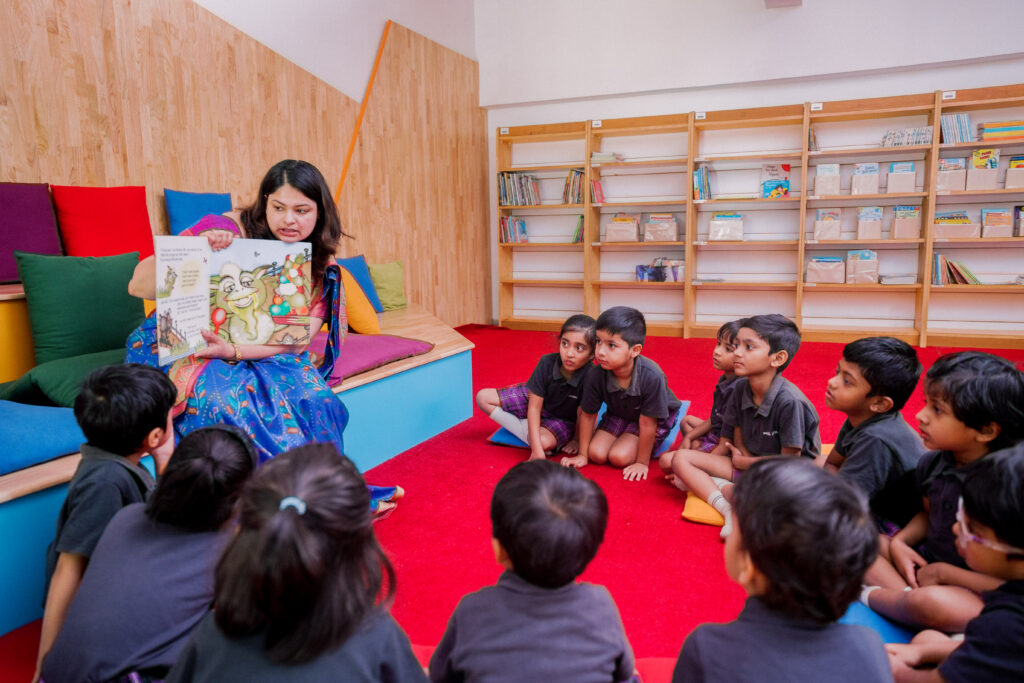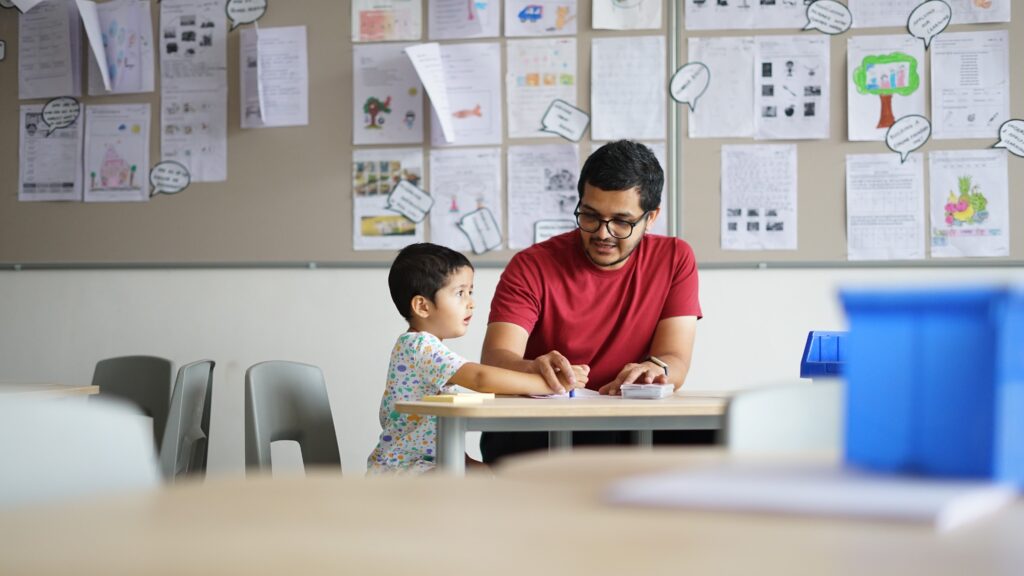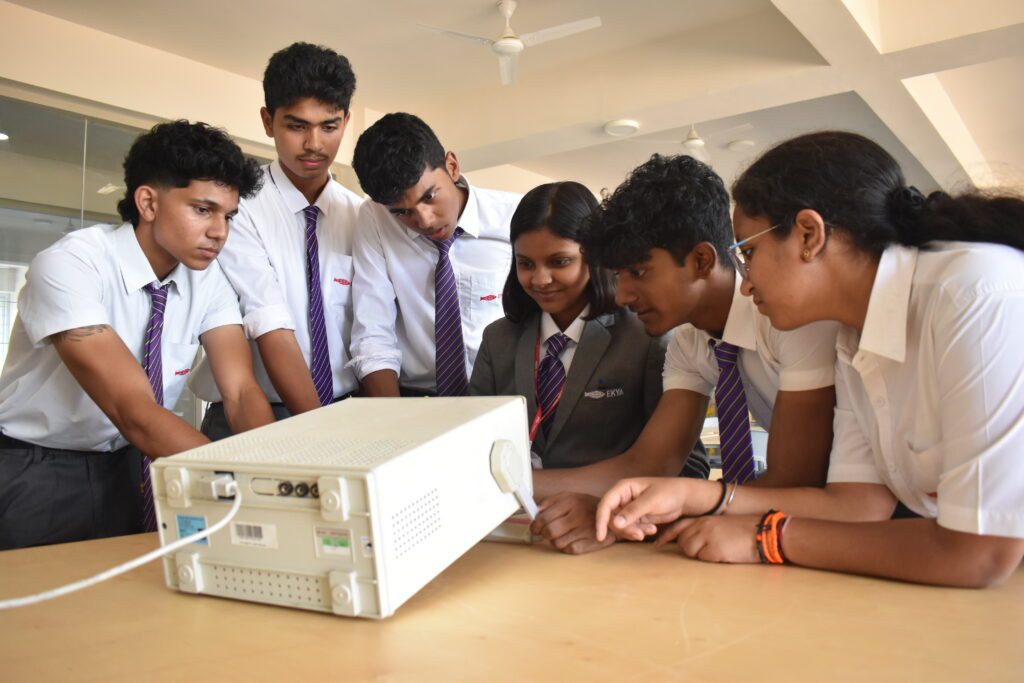Debunking Purpose-based Learning in India
In the ever-changing landscape of Indian education, a paradigm shift is underway. From traditional rote-learning methods, we are now transitioning towards purpose-based learning, a critical solution addressing the challenges of the 21st century. This approach, which emphasises practicality by prioritising the application of learning in real-world situations, is not just about altering teaching methods but redefining our understanding of education itself. The integration of evolved hybrid learning models, combining the best of in-person and virtual learning, serves as a key component in this transformation, offering adaptability to our diverse educational needs. Similarly, the emphasis on ‘power skills’ such as problem-solving, collaboration, and leadership, integrated within the curriculum, bridges the gap between educational outcomes and workforce demands. The Indian education system, serving a vast and diverse population, confronts alarming challenges. Despite being home to one of the world’s largest youth populations, only 34% of 15-19-year-olds in India are enrolled in general higher secondary education. This is in stark contrast to an OECD average of 37%. The gap widens further with 66% of 25-34 year-olds in India not attaining higher secondary qualification. These statistics highlight the urgent need for an educational reform that purpose-based learning promises to fulfil. Incorporating experiential learning in educational settings enhances engagement, catering to different learning styles and making lessons more interactive and student-centred. Moreover, broadening the focus to include skill-based pathway options like entrepreneurship and innovation, information technology and society, design and making prepares students for diverse futures. Prioritising the well-being of students and educators through robust mental health programs and stress-management strategies is also crucial for a healthy learning environment. Looking globally, education systems embracing similar shifts, like Finland’s student-centric approach, have seen substantial improvements in students’ well-being and performance. Finland consistently ranks high in PISA assessments for reading, mathematics, and science. Similarly, in Singapore, the emphasis on critical thinking and problem-solving has propelled students to outperform their global peers. These instances underscore the effectiveness of purpose-based learning in nurturing not just intellectual growth but societal responsibility and critical thinking. Studies by the University of Southern California and Michigan State University reveal that project-based learning (PBL), a cornerstone of purpose-based education, significantly enhances student outcomes across various demographics. Students in PBL environments outperform traditional curricula, with nearly half passing their AP tests, an 8 percentage point lead over traditional classrooms. These findings validate the efficacy of PBL in fostering equitable and effective learning environments. As we redefine the Indian educational landscape, it is important to integrate purpose-based learning into our curricula and teaching methodologies. This approach promises not just academic excellence but the cultivation of skills like critical thinking, problem-solving, and adaptability. Such dynamic learning experiences take students beyond traditional classroom walls, making education a vibrant adventure of the mind and spirit. The role of teachers in this transformative journey is crucial. They are no longer mere disseminators of knowledge but facilitators of a rich, exploratory learning environment. By weaving real-world challenges into the curriculum, they encourage students to think critically and creatively, leading to marked improvements in student engagement and academic achievement. Purpose-based learning is not merely a teaching strategy; it is a commitment to preparing our students for a future marked by rapid technological advancements and evolving global challenges. The result of such an educational approach is earnest. Students are not just learning; they are engaged, enquiring, and innovating. They are prepared not just for exams but for life. They become lifelong learners, equipped with the cognitive tools to approach the world with curiosity and confidence. With that said, it’s time to integrate this joy of learning into our pedagogy and witness our classrooms transform into vibrant hubs of active discovery. In doing so, we join a global movement towards innovative education, focusing on developing well-rounded individuals ready to face the challenges of the 21st century.



